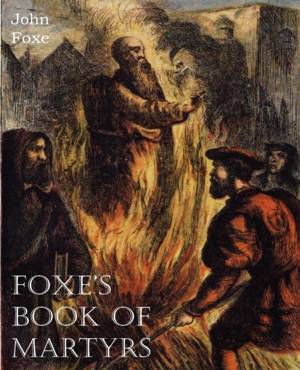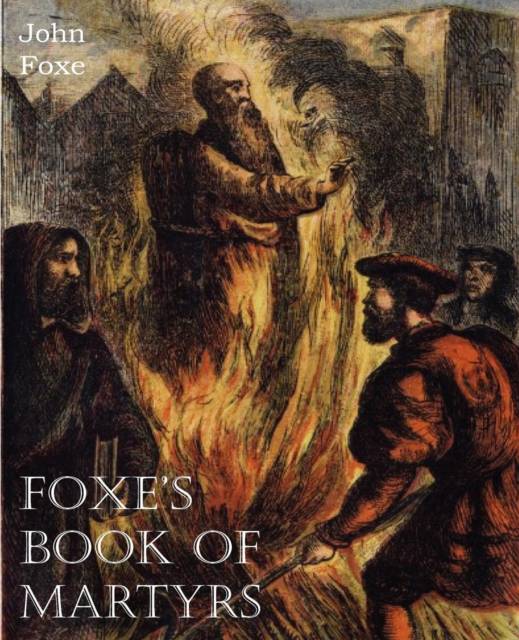
- Retrait gratuit dans votre magasin Club
- 7.000.000 titres dans notre catalogue
- Payer en toute sécurité
- Toujours un magasin près de chez vous
- Retrait gratuit dans votre magasin Club
- 7.000.0000 titres dans notre catalogue
- Payer en toute sécurité
- Toujours un magasin près de chez vous
Description
Published early in the reign of Queen Elizabeth I and only five years after the death of the Roman Catholic Queen Mary I of England, Foxe's Book of Martyrs was an affirmation of the Protestant Reformation in England during a period of religious conflict between Catholics and Protestants. Because the English monarch was the temporal head of the Church of England, a change in ruler could change the legal status of religious practice. Adherents of the rejected faith risked persecution by the State, and during the reign of Mary I, non-Catholics were publicly burned at the stake. Foxe's account of these martyrdoms contributed significantly to a nationalistic repudiation of the Roman Catholic Church and asserted a historical justification intended to establish the Church of England as a continuation of the true Christian church rather than a modern innovation. The First Part covered early Christian martyrs, a brief history of the medieval church, including the Inquisitions, and a history of the Wycliffite or Lollard movement. The Second Part of the work dealt with the reigns of Henry VIII and Edward VI, during which the dispute with Rome led to separation of the English Church from papal authority, a new foundation for the Church of England, and the issuance of the Book of Common Prayer. The Third Part treated the reign of Queen Mary and the Marian Persecutions, in part instigated by Edmund Bonner, Bishop of London.
Spécifications
Parties prenantes
- Auteur(s) :
- Editeur:
Contenu
- Nombre de pages :
- 460
- Langue:
- Anglais
Caractéristiques
- EAN:
- 9781612035147
- Date de parution :
- 01-04-12
- Format:
- Livre broché
- Format numérique:
- Trade paperback (VS)
- Dimensions :
- 190 mm x 235 mm
- Poids :
- 784 g

Les avis
Nous publions uniquement les avis qui respectent les conditions requises. Consultez nos conditions pour les avis.






